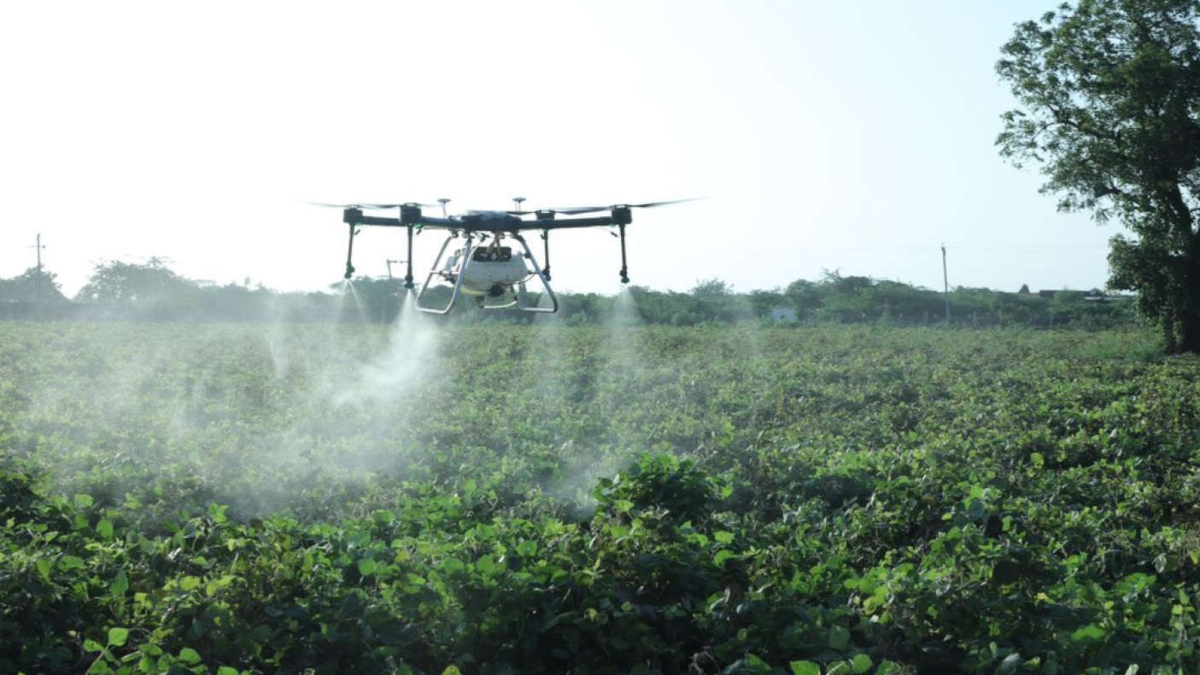


IG Drones teamed up with IFFCO to begin the field testing of spraying Nano urea Liquid with drones. India is the top consumer of urea and di-ammonium phosphate in the world intends to achieve self-sufficiency by 2025 and anticipates saving Rs40, 000 crores by switching to Nano-urea made in India by IFFCO.
India is a major player in agriculture worldwide. Growing crop productivity can be achieved through improved soil, water, and nutrient management, which will help keep the agriculture sector’s boom going. Authorities are concentrating on nano urea liquid because it has been found to be extremely high-quality in growing the dietary fine and productivity of the crop, without improving the quality of underground water, in order to improve the seamless provision of fertilisers at reduced prices to farmers.
At Kalol in Gujarat, Prime Minister Narendra Modi officially opened the first nano urea liquid plant in history. The only Nano fertiliser approved by the Government of India and covered by the Fertilizer Control Order is Nano Urea, manufactured by Indian Farmers’ Fertilizer Cooperative Limited (IFFCO) (FCO). It is created and patented with the aid of IFFCO. One 50 kg bag of the granular urea that farmers currently use is equivalent to a little bottle of nano urea that contains 500 ml. The logistic cost of urea will be greatly reduced as a result. Eight more of these micro urea plants will be built across the nation. By 2025, the size of the global market for liquid fertilisers is anticipated to be USD three billion, with a CAGR of 4.4%. Some of the factors that are anticipated to fuel the market boom include the rise in demand for more desirable high-efficiency fertilisers, the simplicity of use and application of liquid fertilisers, and the adoption of precision farming and covered agriculture.
IFFCO which first introduced nanotechnology to help farmers in spreading fertilizers conducted a field trial with the help of drones in equal distribution of the nutrient. Problems will be fixed by using drones to spray more land in a shorter amount of time. The farmers will have more time as a result. Spraying will cost less money. For the farmers, this will translate into financial savings. In addition to this, the safety of the sprinklers will also be guaranteed. Drones are one of the most important components because they are the only means of fast dispersing the nutrients.